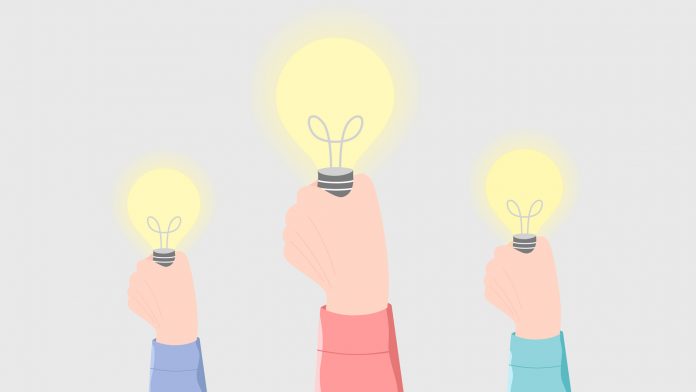EurAI Fellow Nuria Oliver explains the importance of educating future generations in technology and computational thinking.
Nuria Oliver is a computer scientist and a Fellow of the European Association of Artificial Intelligence (EurAI) and the Association for Computing Machinery (ACM). She has over 20 years of research experience in the areas of human behaviour modelling and prediction from data and human-computer interaction. Her passion is to improve people’s quality of life, both individually and collectively, through technology.
In September, we attended the EIT Digital ‘For a strong digital Europe’ event in Brussels and spoke to Oliver about the importance of computational thinking and preparing future generations for what is next to come in the world of technology.
You have previously said that ‘the dream of personalised education that enables each student to achieve his/her potential will be possible with the support of Artificial Intelligence’. What are some of the main challenges that come alongside this?
I think one of the biggest challenges is the profound transformation that will be needed in the educational system and the massive investment in teacher education that would entail. We won’t be able to fully transform the educational system to be more at par with the fourth industrial revolution, instead of being a system for the second industrial revolution, if we don’t invest in the educators. For me I think this is the biggest bottleneck – the very significant transformation that it would entail to transform and bring a lot of teachers up to date because we’re talking about compulsory education. At the same time, I think it is almost an imperative to do so because I worry a lot about the gap that seems to be increasing between where the world is and where the education system is.
What are some of the main reasons behind your passion for future education?
I really worry about the challenges that we face as Homo Sapiens: the ageing of the population, climate change, the lack of resources, the inequality. I think that with these big challenges, we really need to be preparing the new generations to be able to face them. I don’t think we can solve these challenges without the help of technology. Therefore, part of my motivation is asking the question: ‘are we really preparing the new generations to face these challenges?’
My area of expertise is Artificial Intelligence (AI). I think a lot about where we are in terms of where technology is, how pervasive and ubiquitous that technology is in our lives; and what it is that our children are learning. I see that we frequently confuse using technology with understanding how the technology works. Maybe it sounds very controversial, but I think that a lot of the children and adolescents are using technology at a very superficial level. The mobile phone is actually more powerful than those huge computers that were being used 20 years ago. We have this super powerful computer in our pockets, but we are not using it for anything besides taking pictures or sending messages.
I think there is also a big gap in the general understanding of technological matters in society. I think we need to do much more outreach and communication to citizens where technology matters, because we won’t be able to make decisions as a society about technology if we don’t understand what we are talking about.
What would you say is the main advantage, and main limitation, of AI in terms of its effect on teaching?
AI should change what we teach; and AI is changing how we teach and how we administer the schools. Why is AI having an impact on what we teach? Because we live in the fourth industrial revolution, but our education systems are from the second industrial revolution. Therefore, we need to teach computational thinking as a transversal core subject with its five competences: data, algorithms, networks, hardware and programming. We are not doing enough; we are neither teaching computational thinking, nor are we really cultivating all these other human skills that are equally important, such as creativity, critical thinking and abilities in our social and emotional intelligences. AI is also impacting how we teach, how we learn, and how teachers and school administrators manage.
If you could choose one thing to change about future education, what would this be and why?
I would invest further in the teacher and focus on those big pillars: computational thinking, critical thinking, creativity and social/emotional intelligences.
What role will computational thinking play in the future? Is this a good thing?
I think it is absolutely key to provide the necessary tools to children and teenagers to be able to solve complex problems using technology. You cannot do that if you don’t have computational thinking, you need to know how to decompose a problem into modules – how to turn that into an algorithm that is then implementable into a computer. You need to know a programming language that lets you translate this abstract thinking into something tangible. You need to know how to deal with uncertainty, and how to consider all possible scenarios in your program, and so forth.
Nuria Oliver
Fellow
European Association of Artificial Intelligence







